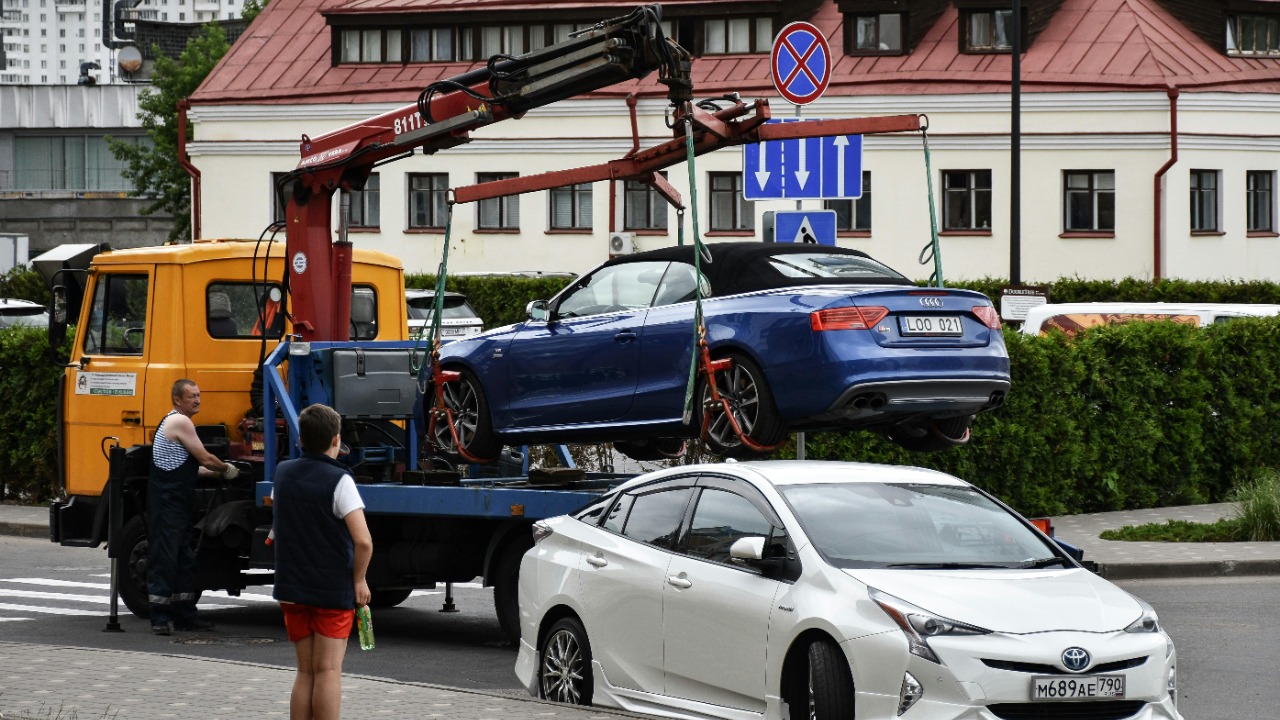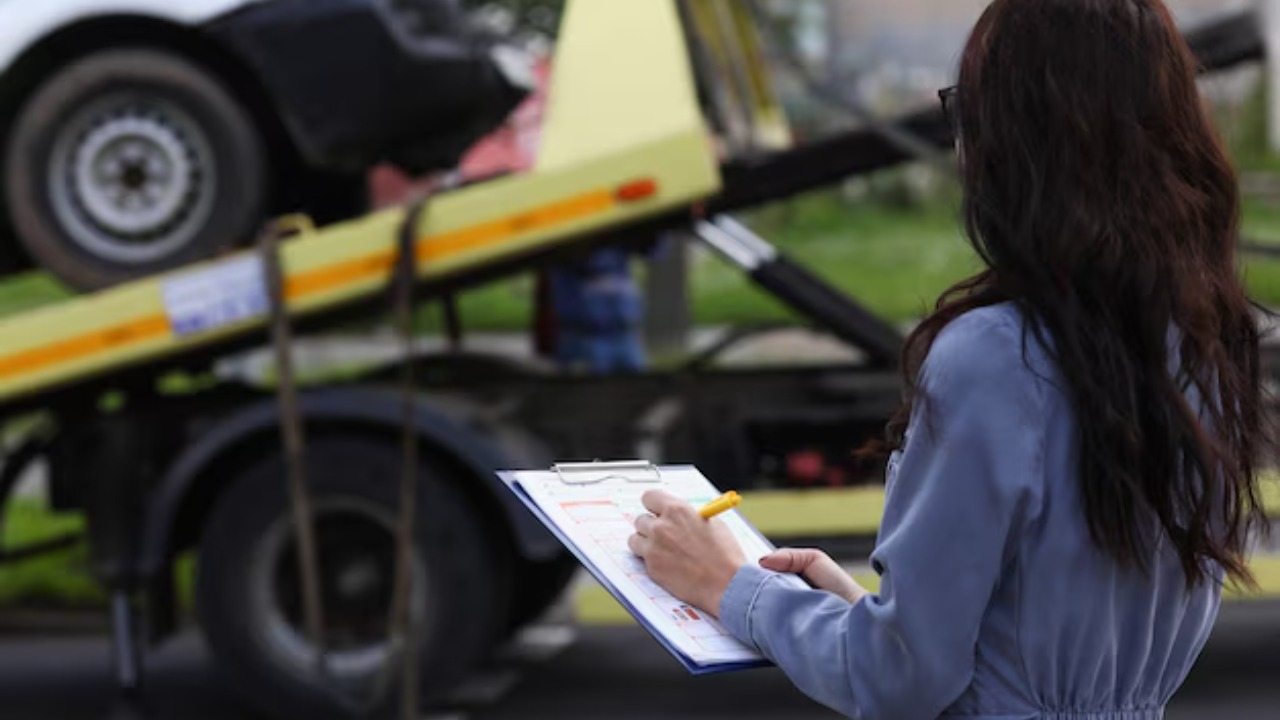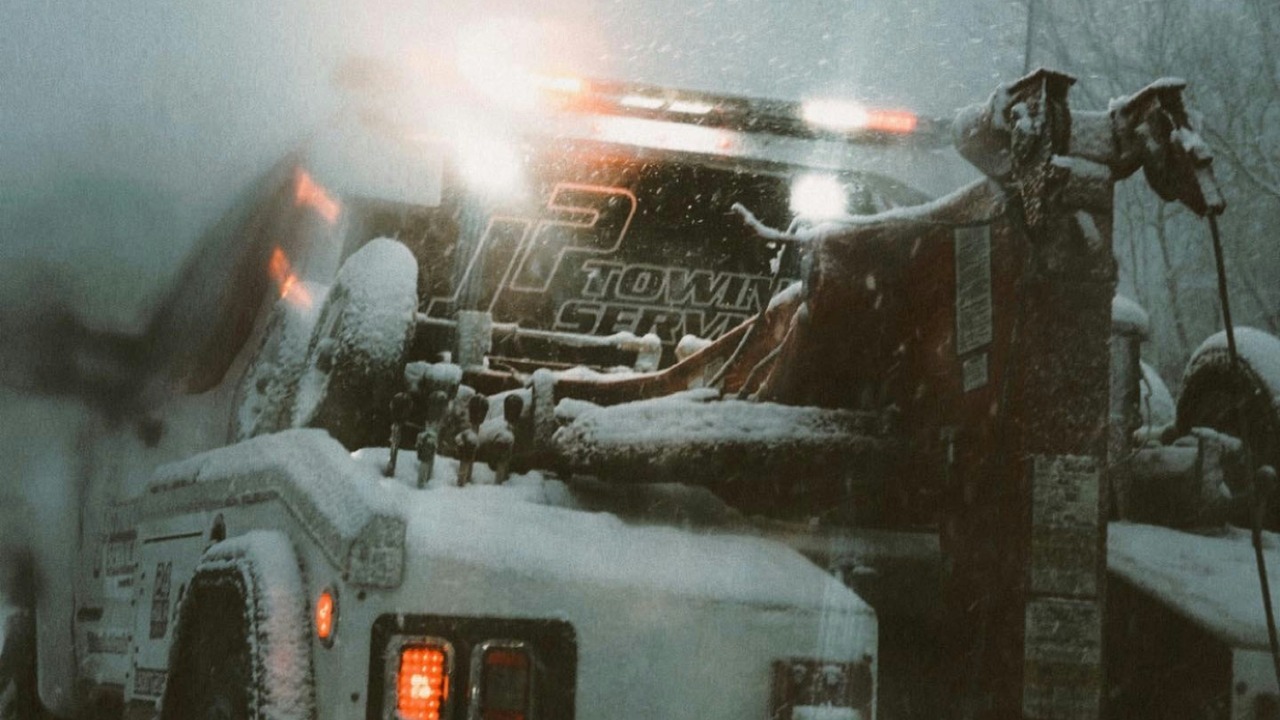Towing with your vehicle requires careful planning and execution to ensure safety on the road. Despite its apparent simplicity, a small oversight can lead to disastrous consequences. These are the three most dangerous mistakes you can make when towing with your vehicle and how to avoid them.
Choosing the Wrong Hitch

Understanding the different classes of hitches and their weight ratings is crucial when preparing to tow. Each hitch class is designed for a specific range of weight capacities, and selecting the wrong class can lead to catastrophic failures. It’s important to match the hitch class to the trailer’s weight to ensure a secure and safe towing experience. This involves checking the manufacturer’s guidelines and ensuring that the hitch can handle the load you intend to tow.
Ensuring proper installation of your hitch is equally critical. Common installation errors, such as improper attachment to the vehicle or using the wrong size of hitch ball, can lead to dangerous situations on the road. To avoid these pitfalls, always follow the manufacturer’s installation instructions and consider having a professional check the setup. A securely attached hitch can prevent unwanted detachment and ensure a safe journey.
Overloading Your Vehicle

Knowing your vehicle’s towing capacity is essential for safe towing. You can find this information in the owner’s manual or on the manufacturer’s website. Exceeding this capacity can lead to mechanical failures, increased stopping distances, and a greater risk of accidents. Always ensure that the total weight of your trailer and its contents does not surpass your vehicle’s towing limits.
Proper weight distribution within the trailer is another key factor in preventing towing mishaps. An unbalanced load can cause trailer sway and instability, increasing the risk of accidents. Strategies such as placing heavier items over the trailer’s axles and securing the load can help maintain balance. Regularly checking and adjusting the load can prevent these issues and promote safer towing.
Ignoring Trailer Maintenance

Routine brake and tire inspections are crucial for maintaining towing safety. Worn or damaged brakes can fail unexpectedly, leading to dangerous situations on the road. Similarly, tire issues such as low pressure or excessive wear can compromise your ability to tow safely. Regularly inspecting these components can prevent such failures and ensure a smoother towing experience.
Checking lights and signals is another critical aspect of trailer maintenance. Functioning lights and signals are vital for communicating your intentions to other drivers, which is especially important when towing a large load. Before each trip, ensure all lights are operational by running through a quick checklist. This simple step can significantly enhance your safety and the safety of those around you.
Neglecting Driving Adaptations

Adjusting speed and following distance is crucial when towing. The added weight of a trailer increases stopping distances and affects handling. Slower speeds and increased following distances are necessary to account for these changes. Adapting your driving habits to accommodate the extra weight can prevent accidents and ensure a safer towing experience.
Practicing maneuverability and braking is essential to mastering towing with your vehicle. Towing alters how your vehicle handles and brakes, which can catch drivers off guard. Consider practicing in a safe environment to build confidence and skill. Understanding these differences can help you respond more effectively to challenges on the road.
Underestimating Weather Conditions

Preparing for adverse weather is an important part of towing safety. Rain, wind, and snow can all impact your ability to tow safely. Adjusting your travel plans and techniques in response to these conditions can make a significant difference. For instance, reducing speed and allowing extra time for braking can help you maintain control in challenging weather.
Recognizing and responding to trailer sway is another critical skill. Trailer sway can be exacerbated by weather conditions and can lead to accidents if not corrected promptly. Understanding the causes of sway and knowing how to respond can help you avoid these dangerous situations and ensure a safer towing experience.
For more insights on towing safety, consider exploring this detailed discussion on the growing number of caravan crashes, or take a look at this scientific study on vehicle dynamics during towing. Additionally, reading about real-world incidents, such as the rollover crash in Dutchess County, can provide valuable lessons on the importance of proper towing practices.